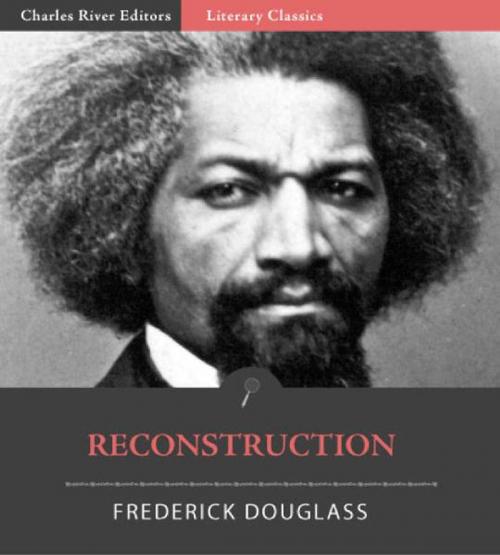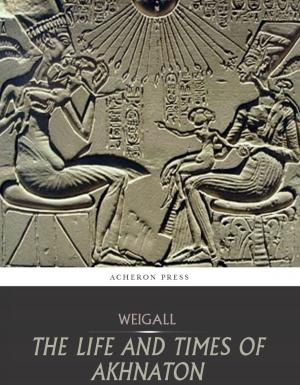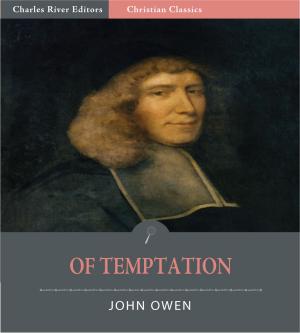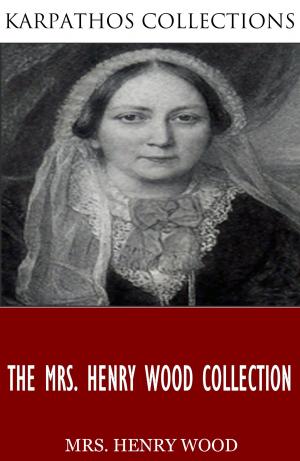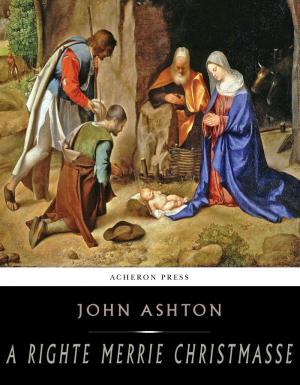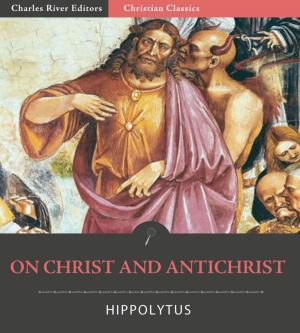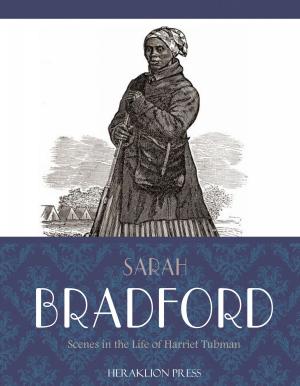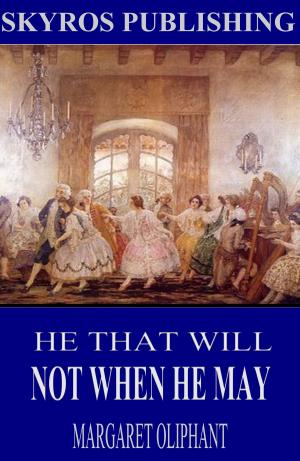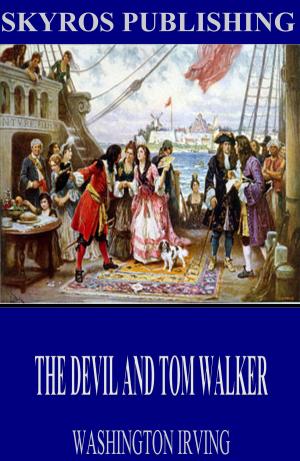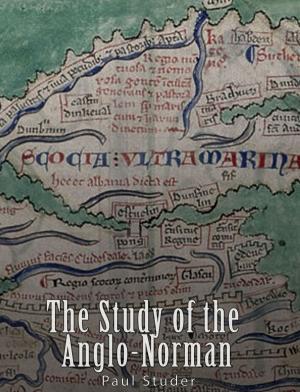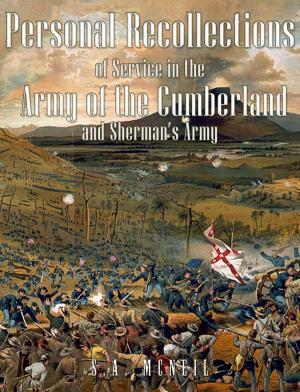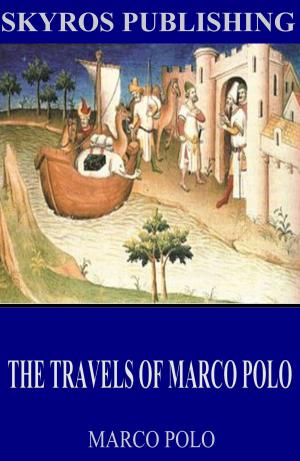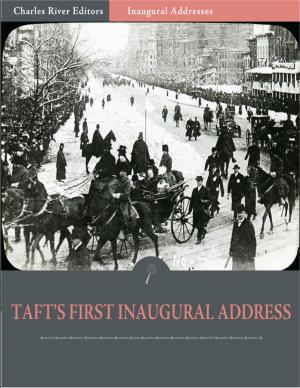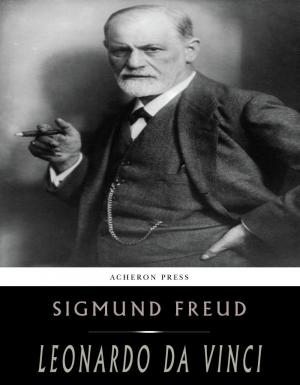Reconstruction
Nonfiction, History, Americas, United States, Civil War Period (1850-1877), 19th Century| Author: | Frederick Douglass | ISBN: | 9781619826571 |
| Publisher: | Charles River Editors | Publication: | January 23, 2012 |
| Imprint: | Language: | English |
| Author: | Frederick Douglass |
| ISBN: | 9781619826571 |
| Publisher: | Charles River Editors |
| Publication: | January 23, 2012 |
| Imprint: | |
| Language: | English |
With the possible exception of Dr. Martin Luther King, Jr., no African American has been more instrumental in the fight for minorities civil rights in the United States than Frederick Douglass 18181895), an American social reformer, orator, writer and statesman. His list of accomplishments would be impressive enough even without taking into account the fact that he was born into slavery. Douglass originally stated that he was told his father was a white man, perhaps his master Aaron Anthony. When Douglass was about 12, his slaveowners wife Sophia Auld began teaching him the alphabet in defiance of the Souths laws against teaching slaves how to read. When her husband Hugh found out, he was furious, reminding her that if the slave learned to read, he would become dissatisfied with his condition and desire freedom. His words would prove prophetic. Douglass is noted as saying that "knowledge is the pathway from slavery to freedom, and he took that advice to heart, teaching himself how to read and write with his knowledge of the alphabet. On September 3, 1838, Douglass successfully escaped slavery by traveling by boat to Delaware, Philadelphia, and finally New York, all in the span of a day. Douglass found a new world had opened upon me. After escaping from slavery, Douglass became a leader of the abolitionist movement, gaining note for his dazzling oratory and antislavery writing. He stood out as the living embodiment of an intellectual former slave, the antithesis of slaveholders arguments that blacks were an inferior race. Douglass remained active in the fight for civil rights and abolition throughout the Civil War and Reconstruction, urging Lincoln to let black men enlist in the Union. As Douglass constantly stated, nobody had more to fight for in the Civil War than black men. Douglass continued his advocacy all the way until his death in 1895. Douglass was a firm believer in the equality of all people, advocating on behalf of blacks, women, immigrants and even Native Americans. Douglass famously said, "I would unite with anybody to do right and with nobody to do wrong." This edition of Reconstruction is specially formatted with illustrations.
With the possible exception of Dr. Martin Luther King, Jr., no African American has been more instrumental in the fight for minorities civil rights in the United States than Frederick Douglass 18181895), an American social reformer, orator, writer and statesman. His list of accomplishments would be impressive enough even without taking into account the fact that he was born into slavery. Douglass originally stated that he was told his father was a white man, perhaps his master Aaron Anthony. When Douglass was about 12, his slaveowners wife Sophia Auld began teaching him the alphabet in defiance of the Souths laws against teaching slaves how to read. When her husband Hugh found out, he was furious, reminding her that if the slave learned to read, he would become dissatisfied with his condition and desire freedom. His words would prove prophetic. Douglass is noted as saying that "knowledge is the pathway from slavery to freedom, and he took that advice to heart, teaching himself how to read and write with his knowledge of the alphabet. On September 3, 1838, Douglass successfully escaped slavery by traveling by boat to Delaware, Philadelphia, and finally New York, all in the span of a day. Douglass found a new world had opened upon me. After escaping from slavery, Douglass became a leader of the abolitionist movement, gaining note for his dazzling oratory and antislavery writing. He stood out as the living embodiment of an intellectual former slave, the antithesis of slaveholders arguments that blacks were an inferior race. Douglass remained active in the fight for civil rights and abolition throughout the Civil War and Reconstruction, urging Lincoln to let black men enlist in the Union. As Douglass constantly stated, nobody had more to fight for in the Civil War than black men. Douglass continued his advocacy all the way until his death in 1895. Douglass was a firm believer in the equality of all people, advocating on behalf of blacks, women, immigrants and even Native Americans. Douglass famously said, "I would unite with anybody to do right and with nobody to do wrong." This edition of Reconstruction is specially formatted with illustrations.
